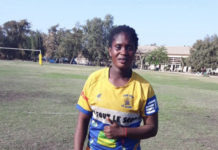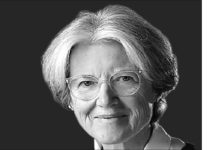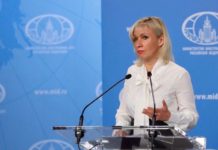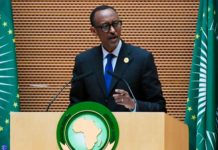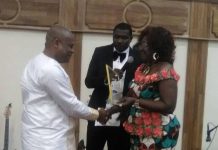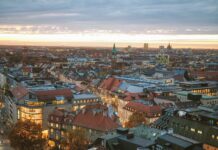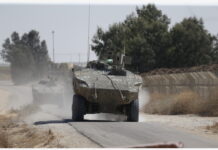On Ramadan in America
Because many American Muslims trace their ancestry to other corners of the globe, Ramadan traditions in the United States are diverse. Immigrants often recall their first Ramadan in the United States as a time they learned new customs.
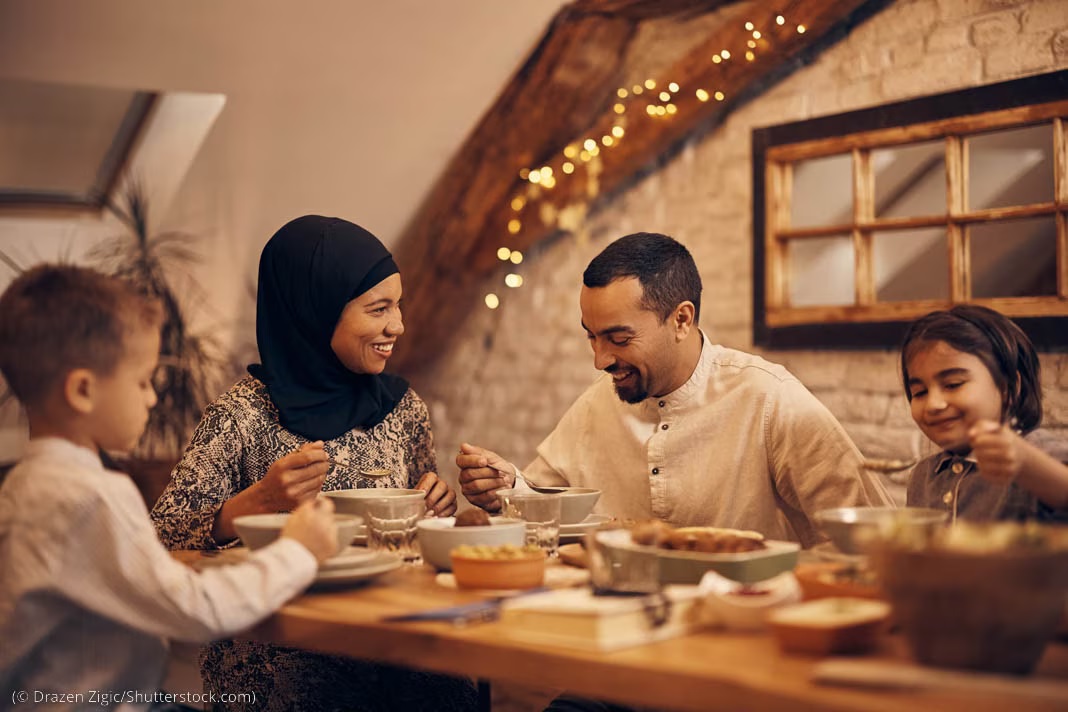
Rizwan Jaka, born in Chicago and a member of the All Dulles Area Muslim Society (ADAMS) in the Washington area, notes that many fellow congregants are immigrants or have an international heritage like his — he has roots in India, Pakistan and Mexico. Consequently, the society serves daily iftar with menus rotating among South Asian, Middle Eastern, African, American and other cuisines.
Like Muslims everywhere, on March 22 Jaka begins a month of fasting, praying, reciting the Quran, giving to charities, performing good deeds and gathering for the iftar meal. In the U.S., Jaka says, Ramadan is a time of community fellowship as well as spiritual growth.
For her part, Samira Jaweed, who immigrated from Pakistan at age 29, says she remembers her first Ramadan in the United States as “quite different from how we celebrated in Pakistan.” There, her family observed Ramadan mostly at home, she says. At the Islamic Center of Greater Cincinnati, she has become accustomed to Ramadan activities revolving around the mosque. “This is uniquely American,” she says.
Read Also
- The most iconic World Cup ‘Goals of the Tournament’: Who will take the crown in Qatar 2022?
- Stocks embrace confidence data and earnings, Return of Confidence, Earnings Impress, Oil rallies, Gold wavers, Cryptos edge lower
- Saudi Arabia participates in the World Economic Forum 2023 Annual Meeting with high-level delegation
- 10 Reasons Why The Evolving Information World Has Changed The Best Ways To Invest Money
Jaweed admits to one challenge she has had in the United States: daylight saving time. Because Americans advance clocks each spring so that darkness falls at a later clock time, “Depending on the year and where one lives, Ramadan fasts can range anywhere from eight hours to 18 hours,” she says. Her first few Ramadans in the U.S. were during winter, when sunset would be around 5 p.m. But in summer, the clock change pushes the time to break fast beyond 9 p.m., making it more difficult.
Tariq Rasheed, who arrived in the U.S. from India as a young adult, enjoys the way Americans organize Ramadan activities for the whole family. Now imam at the Islamic Center of Orlando, Florida, Rasheed remembers his first Ramadan in the U.S. as “very special.”
The local Muslim community came together every evening, he says. His family “prayed together, broke fast together, socialized and made new friends each night of the blessed month.” On weekends, the mosque hosted sports events after prayers, with both men and women participating. “This was all new to me,” he says, noting that in India, only men came to mosques, which were “a place to pray, and that’s it.”
He loves that in the United States mosques are often the center point of social, religious and even sports activities.
Today, Rasheed organizes interfaith iftars at his mosque, with participation from local churches and synagogues. “These iftars are the highlight of Ramadan for me,” he says, “because they create strong friendships among the various communities.”

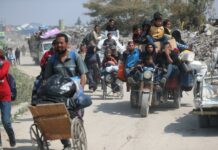
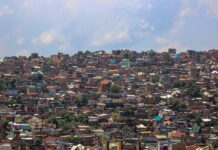
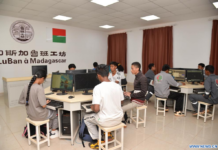

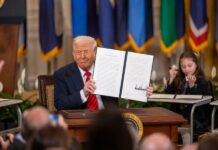





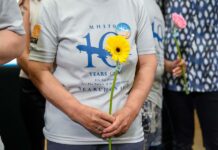






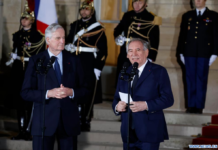



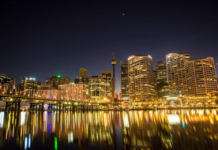

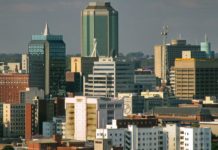

![Le chocolatier suisse Läderach développe une histoire d’amour avec la Chine [ INTERVIEW ]](https://www.afrique-54.com/wp-content/uploads/2023/12/Johannes-Laderach-et-chocolat-e1702548585357-218x150.jpg)

